Germany's hand is deeply rooted in the automotive industry with brands such as Mercedes, Porsche, BMW and Audi hailing from the region.
It is also home to magnificent racing circuits including the Nürburgring, Hockenheim, Oschersleben, the Norisring and the Lausitzring. It turned its own national class - the Deutsche Tourenwagen Masters (DTM) - into a sport that received global attention.
Germany has produced greats such as Michael Schumacher and Sebastian Vettel, who drove their first laps, won races and were honoured as Formula 1 World Champions while carrying their nation's flag.
A key role was played by Germany in forming the beating heart of motorsports worldwide. From Mexicans to Australians and from Japanese to Americans: all came to the West to build a career in motorsport.
Sergio Perez began his career in Formula BMW, Esteban Ocon contested DTM before joining F1 and Max Verstappen stood out by performing exceptionally at the Norisring during his European F3 season.
Viewed by others:
Beginning of the end
The days when Germany played such an important role in motorsports appear, for now, to be over.
However, several German circuits are still part of the calendars of various junior categories and the German (ADAC) F4 Championship still exists.
The DTM is still running and the annual 24 Hours of Nürburgring attracts many visitors. But aside from that, formula racing in particular is completely on hiatus in Germany. Where did it go wrong?
After 2006, Michael Schumacher hung up his helmet for the first time as he drew a curtain on his Ferrari career that saw him win five World Championships to add to the duo he scored with Benetton.
With the departure of their national hero, there was little left to cheer for. In 2007, no fewer than five Germans drove in Formula 1, but none of them could match the level of the Red Baron.
Nico Rosberg was driving a slow Williams, Sebastian Vettel and Adrian Sutil were just emerging, Markus Winkelhock drove just one race and Ralf Schumacher was nearing an exit.
From the mid-1990s through 2006, Germany hosted two Grands Prix a year. F1 drove laps around the Hockenheimring and the Nürburgring. After Schumacher's departure, however, that changed.
The popularity of F1 in Germany declined drastically and, starting in 2007, the Hockenheimring and Nürburgring organized a deal that saw them rotate as hosts year-on-year. In 2007 they raced in the Eifel region, in 2008 in Hockenheim and so on.
Text continues below image.
Further downfall
In 2008, a global economic crisis hit. F1-related organisations also suffered from the recession. BMW withdrew from the sport, the Nürburgring was inching toward bankruptcy and there was still no German driver who could replicate Schumacher.
The latter point changed little by little when Vettel suddenly won the Italian Grand Prix (2008) and made the move to Red Bull for the following year.
For a while, there was hope again: Vettel won everything there was to win, Rosberg was winning more and more often, and the arrival of Verstappen also increased attendance at the German GP due to the short trip from the Netherlands. But the Schumacher frenzy was not matched.
Things really went wrong for the country's F1 presence when Vettel's Red Bull glory days came to an end. Due to financial problems, the Grands Prix set to be held at Nürburgring in 2015 and 2017 were cut.
And although Rosberg was a title contender in 2014, 2015 and 2016 (and won the title in his final F1 year), he was not well-liked domestically - something that may have been due to his father's ancestry (Finland) and the fact that Rosberg had lived in Monaco all his life.
Text continues below image.
The curtain falls on Vettel's title chances
In 2018, Vettel was once again a title contender. Having made the switch to Ferrari a handful of years prior, throughout the first half of the season, he and title rival Lewis Hamilton were going neck and neck.
The 11th round of the season took place at the Hockenheimring, a race that Vettel entered as championship leader. The German claimed pole, led the race but crashed out in front of his home crowd after making a mistake on a track that was being pelted with rain.
Vettel was extremely disappointed, and so were the German fans. Having retired from F1 at the end of 2022, the 2018 German Grand Prix, prior to Hamilton's win that day, marked the last time Vettel headed a Drivers' Championship.
And with Seb's "downfall," the German Grand Prix also went down for good. In 2019, it was raced for the last time in Hockenheim.
It was a chaotic event that Max Verstappen, while Vettel gave the crowd something to cheer about as he rose from the back of the grid to second place. The glory years of Vettel and F1 in Germany were over, despite that seismic Sunday show on display in July.
Text continues below image.
Hope
However, all is not doom and gloom for the European country. In 2020, there was no German Grand Prix on the calendar in the original draft. As the year progressed, the F1 calendar changed drastically due to the COVID-19 pandemic.
F1 sought additional races in Europe, which brought about the unexpected return of the Nürburgring. The race was another exciting one, and saw Nico Hulkenberg make a race comeback after replacing a Covid-19-stricken Lance Stroll.
One swallow does not make a summer however, and the one-off return of the Eifel Grand Prix proved to be just that - a one-off. October 2020 stands as the last time F1 raced in Germany.
Nor could the debut of Mick Schumacher, the son of great Michael, bring about a comeback of the German GP at Hockenheim or the Nurburgring. When Schumacher lost his seat at the end of 2022, those hopes were gone for good.
There were seven German drivers on the grid in 2011, but currently Nico Hulkenberg is the only German in the field. Unfortunately, he runs around ingloriously in the midfield and does not seem to be popular enough to allow the German Grand Prix to return to the calendar.
In short, a lot has to happen for the German Grand Prix to return to the F1 calendar. The fact that both the Nurburgring and the Hockenheimring are in dire straits financially as well as venues such as Qatar, Miami and Las Vegas striking long-term deals means that the future for F1 in Germany, as it stands, does not look bright.
Don't miss out on any of the Formula 1 action thanks to this handy 2026 F1 calendar that can be easily loaded into your smartphone or PC.
Download the calenderMost read
In this article
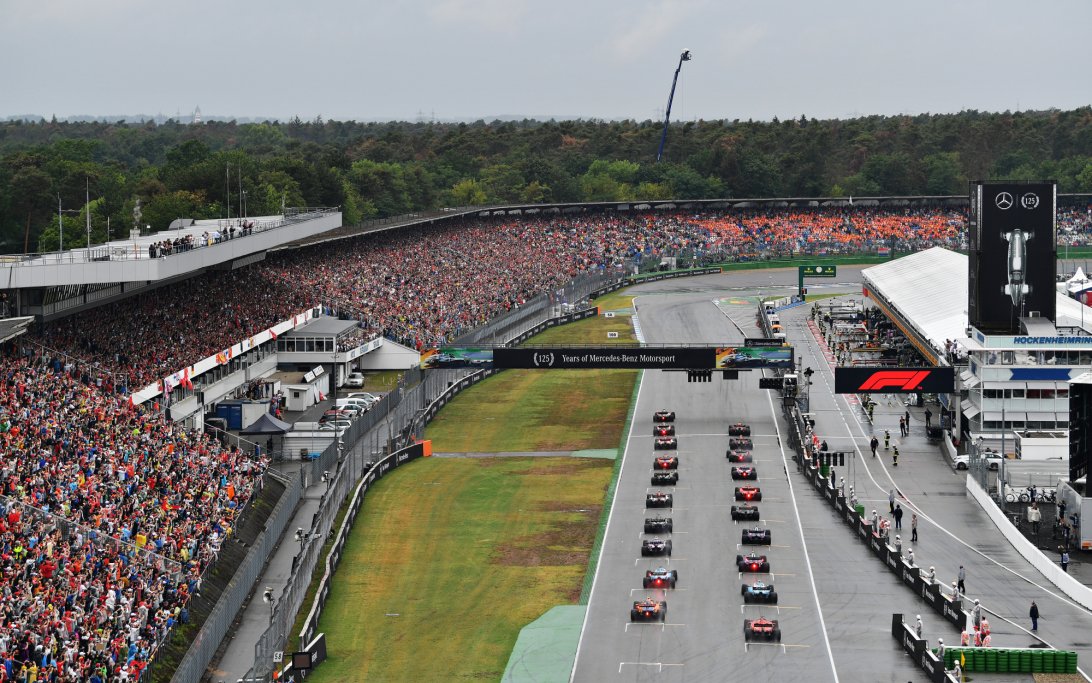
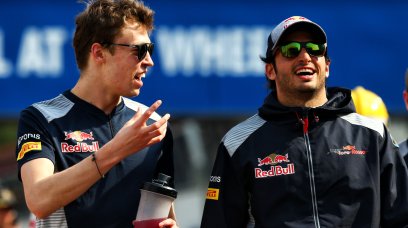
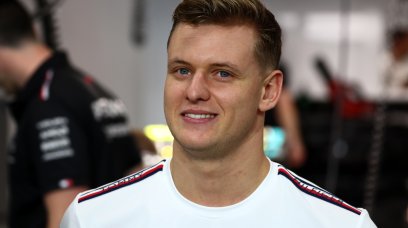
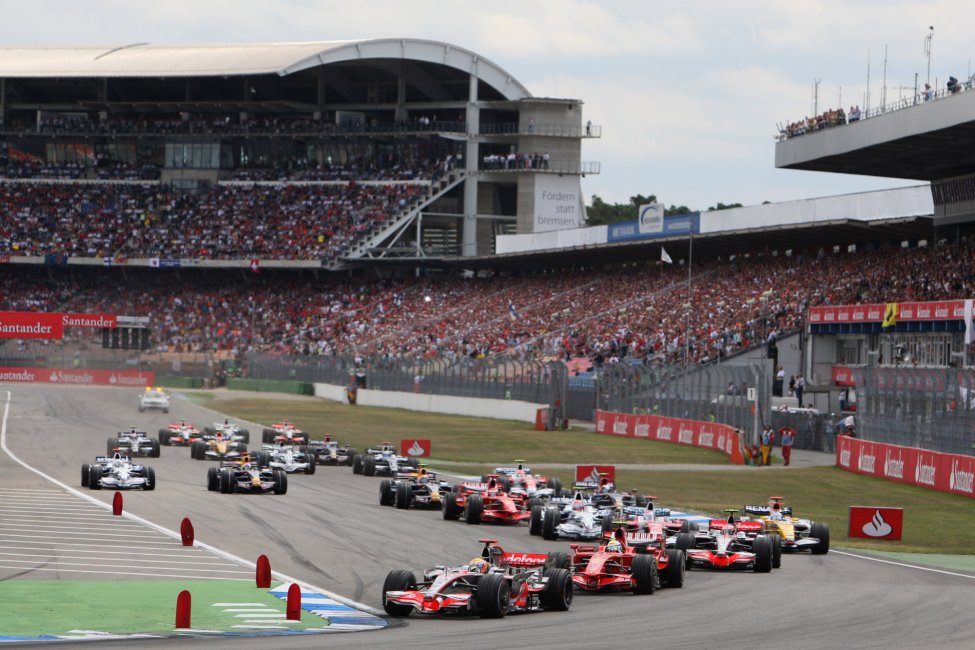
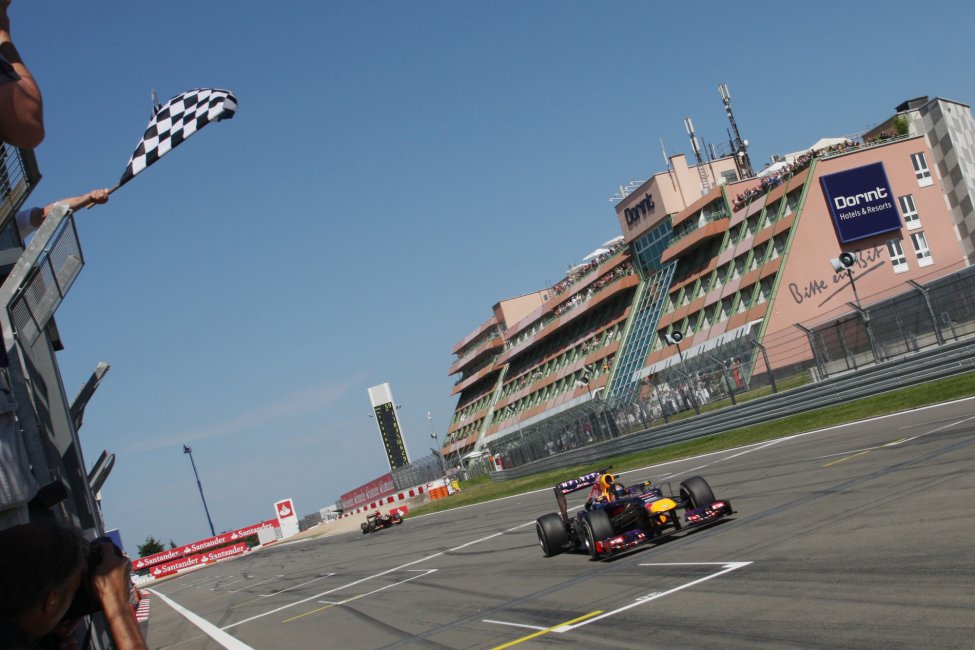
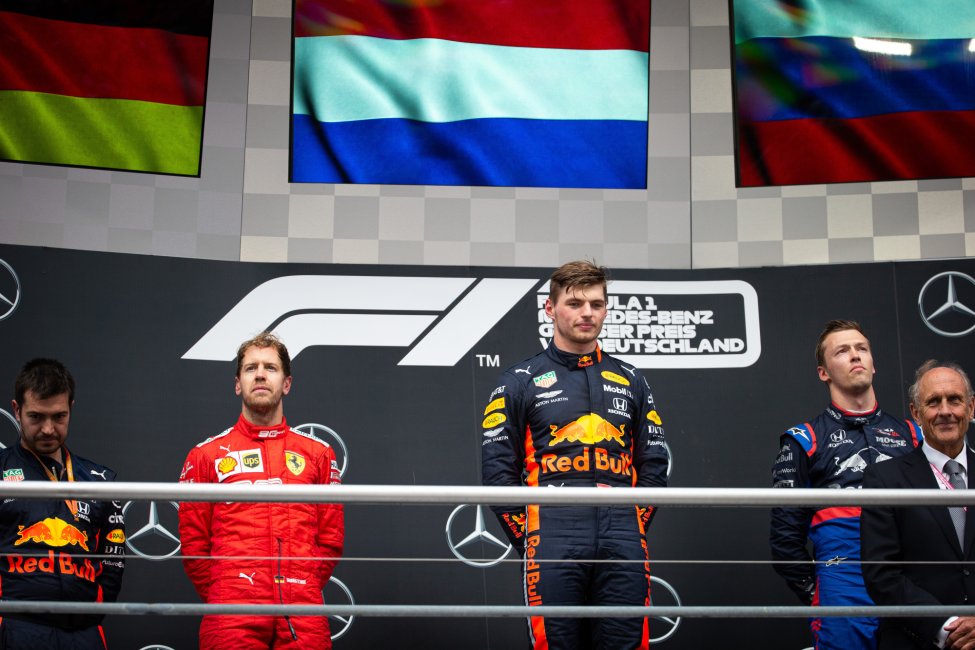
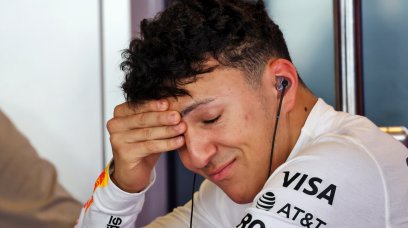
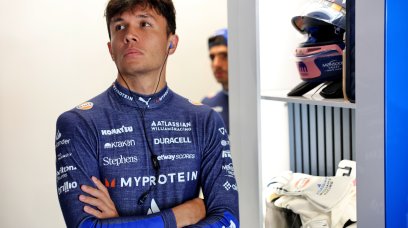
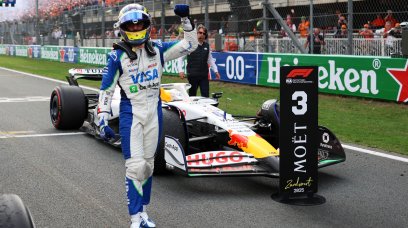
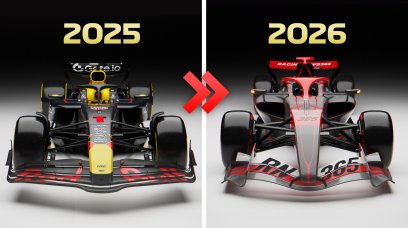
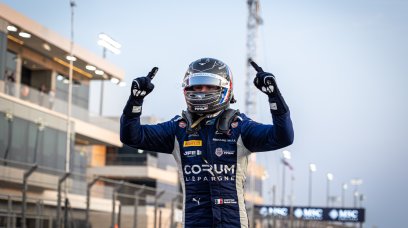
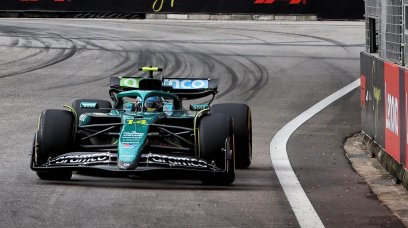
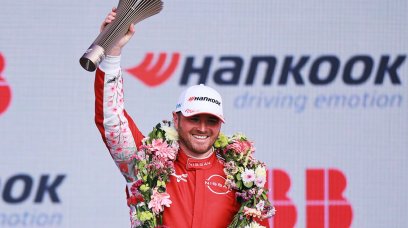
Join the conversation!